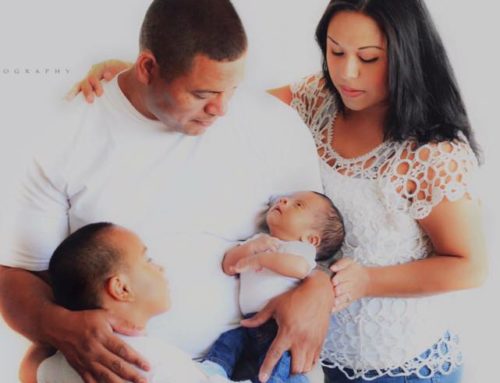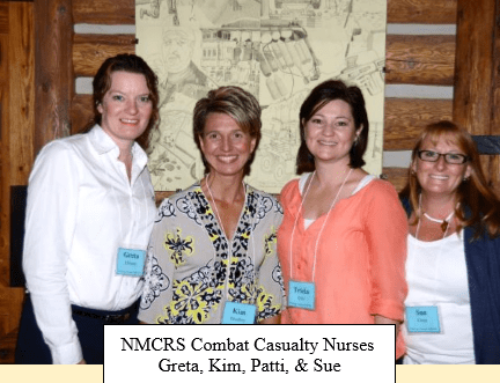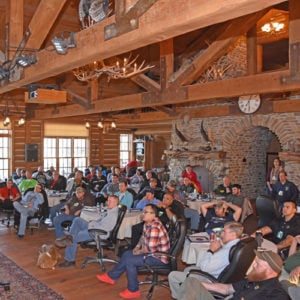Very few children grow to adulthood without having feelings of shame or guilt over something they did, or something they didn’t do in their life (shoplift a toy, tell a lie, cheat on a test, not stop a bully from hurting someone, not stand up for a friend, etc.). Whatever causes a feeling of guilt or shame is an example of a “moral injury.” I think of it as the things I would be ashamed to tell my Mother.
Once we become adults, we still have to deal with the moral injuries we acquire in life. Some are self-inflicted (not reporting someone who has stolen something, knowing we cheated on our taxes, damaging someone‟s property and not telling them) and some are a result of situations such as war, where we have a job to do (follow orders, protect our buddies, kill or be killed). The problem with a moral injury is that we must live with the consequences, and those feelings of guilt and shame are often more damaging than any amputation, burn, traumatic brain injury or post-traumatic stress symptoms.
Moral injuries require forgiveness – forgiveness of ourselves and each other. Forgiveness for the anger and rage that may have led to acts of violence against others; forgiveness for the temporary pleasure that may have been felt when taking revenge for the friends who died; forgiveness for stepping away rather than engaging in a battle; forgiveness for being afraid – forgiveness for the best you could in a horrible situation not being good enough. The biggest challenge of a moral injury is believing and accepting that you deserve forgiveness. There is often no one you can go to who can say “It‟s OK, man. I forgive you.”
If you know or believe people died because of your actions, you may see them every time you close your eyes. As veterans begin to talk more, they often acknowledge that their sleep problems are because of who they see in their nightmares as much as what they see. I can‟t imagine anything worse in life than feeling like my actions – or lack of actions – caused the death of a friend. It‟s bad enough in a war to know you caused the death of an enemy, but to believe that a friend died because of you would cause intolerable pain. If that is what you are remembering, I would ask that you think about what happened for a few minutes. Was it intentional? If not, think about that friend and imagine what he/she would say to you, if possible. Think what you would say to him/her if you could. And then think about what you would say to a fellow vet who told you a similar story. I assure you, you are not the only one dealing with these feelings. Nothing will change what has happened. But destroying your life is probably not what that friend would want. You did the best you could. That is all anyone can ask of any of us.
One of the disadvantages of war today is that the return home takes so little time. During past wars, people were on troop transports and would have more time than they might have wanted to relive the horrors and memories of combat. But they relived those horrors with others who had been there. Talking with fellow vets about the moral injuries of war is a valuable method for dealing with what you saw, did, thought, and felt during and after combat.
The beginning of healing a moral injury will start when you realize that there is non-judgmental support for you. You can say whatever you need to, tell whatever horror stories you see in your nightmares, and know that the person you are talking to will not blame you for your thoughts, feelings or actions. You can talk to another vet you know, someone at the local vet center, someone from FOCUS, or a NMCRS Visiting Nurse. While not many of us have been in combat, many of us have been in the military ourselves and remember what it is to take orders that had “unintended consequences.” We have heard more than you can imagine and while we will feel sad for what you are dealing with, we will not judge you. You matter, regardless of what you did, saw, thought, or felt – then or now. Talking about it will not change what happened, but realizing you can say the words out loud and not be considered the monster you think you are may help you start to accept that you did the best you could at the moment.
Everyone in life has regrets. If we let them cripple us, we are doing a disservice to ourselves, our loved ones, and those we believe we failed along the way. You don‟t have to suffer alone or in silence. Being human means making mistakes; learning from those mistakes – real or perceived – allows others to accept that they, too, can move forward. Hating yourself will not help anyone, especially not the memory of those you believe you failed. If they were someone you thought highly of, perhaps they can become a “moral compass” in your head – “what would Joe or Tom do in this situation?”
Moral injuries don‟t go away, but they can help us recognize the kind of person we want to be, and help us move forward towards that goal. Blame and shame will not help. You are more important than you realize to those who know you. You deserve to believe in yourself again, in spite of or maybe because of all you have gone through. . I truly believe that, and more importantly, I believe that is what your fellow vets would want for you and themselves. By acknowledging and talking about your moral injuries, you may unknowingly help someone else with theirs. Someone recently mentioned to me that no one goes into a fire fight alone. You don‟t have to deal with the consequences alone, either.







